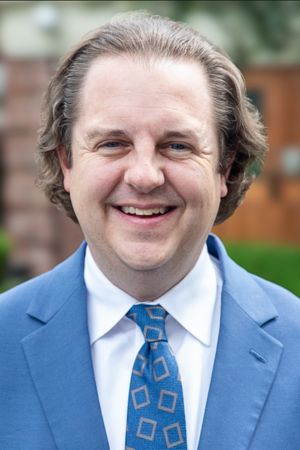Many people with physical disabilities or mental conditions that are resistant to traditional treatment often seek out non-traditional treatment such as massage therapy, biofeedback, hypnotherapy or acupuncture.
Reasons for this include dissatisfaction with traditional treatment, attempts to avoid side effects, and a desire for more collaborative care among others. Individual patients report symptom relief and feelings of empowerment, but the objective data for this type of care is very limited. Also, some alternative medicines and treatments can interfere with conventional treatments.
Medical Evidence for Your Claim Must Come from an "Acceptable Medical Source"
Social Security requires that the claimant provides evidence to support the allegation of a medical condition (or conditions) that lasts for at least twelve months and that prevents the claimant from working standard workplaces. SSA also requires that medical evidence regarding a diagnosis of a Medically Determinable Impairment come from an Acceptable Medical Source. For claims filed on or after March 27, 2017, Acceptable Medical Sources include:
- Licensed physicians (medical or osteopathic doctors),
- Licensed or ceretified psychologists at the independent practice level,
- School psychologists,
- Other licensed or certified individuals with other titles who perform the same function as a School Psychologist in a school setting,
- Licensed Optometrists,
- Licensed Podiatrists,
- Qualified speech-language pathologists,
- Licensed physician assistants,
- Licensed audiologists,
- Licensed Advanced Practice Nurse (APN),
- and Advanced Registered Nurse Practitoner (ARNP)
- These may also be identified as Certified Nurse Midwife (CNM), Nurse Practitioner (NP), Certified Registered Nurse Anesthetist (CRNA), or Clinical Nurse Specialist (CNS).
Each of these sources can render opinions only on their certified specialities. For example, an Endocrinologist cannot give an opinion on a neurologic condition and a Neurologist cannot give an opinion on an endocrine condition.
Non-Traditional Treatments Must Supplement Traditional Treatements
Only after a Medically Determinable Impairment has been identified, is SSA permitteed to look at treatment records from other sources who are legally permitted to provide medical care. Examples of these sources include chiropractors, naturopaths, and therapists. Non-medical personnel, such as friends or family, may also provide documentation regarding their observations of symptoms, limitations, or changes in a person's functioning.
Our Social Security Attorneys Are Here to Help
Because of these rules, it is much more difficult to get a case approved when a person is seeing non-traditional providers. If a person can find even one traditional doctor, perhaps a primay care provider, and see that provider on a regular basis, those medical records can make the difference in a difficult case. If complementary and alternative medicine treatments are helpful, be sure to tell your traditional doctor what treatments you are having done and how they are helping. This will heelp further document the treatments and can help your traditional doctor better tailor your case.
So, get the treatments that help your condition, but when it comes time to present your application to Social Security, understand that documentation and objective medical evidence is required.

